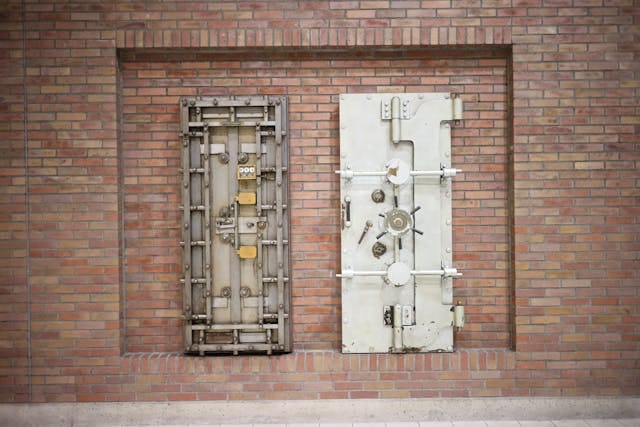and the distribution of digital products.
DM Television
When the Banks Said No — July 22,2025

Despite having two fully tenanted, income-generating co-living properties under my belt, scaling that model proved harder than it should have been.
The reason? The financial system itself.
It didn’t matter that the rooms were full. Or that the tenants were stable, and the returns were consistent. Once I reached a certain scale, the institutions began closing ranks.
I was over 50. Self-employed. My properties didn’t fit the standard mortgage mold. The banks didn’t want to see innovation they wanted sameness. The more I pushed, the more resistance I got.
What should have been a solid, low-risk investment was seen as too different. Too unorthodox. Too hard to understand.
Then came the personal guarantees. The increased paperwork. The hoops. All just to borrow against assets that were already producing returns.
It was incredibly frustrating. I wasn’t trying to reinvent finance. I just wanted to keep building what I knew worked. But the institutions weren’t having it.
That’s when the idea returned: maybe I don’t need them.
Years earlier, I’d explored Ethereum and smart contracts. Now, that curiosity came back stronger this time with a purpose.
Could this technology offer a way around the gatekeepers?
What if people could co-own property without needing banks at all?
That single question would end up changing everything for me.
Have you ever built something that worked — but the system just wouldn’t support it?Drop your thoughts in the comments. Let’s talk about alternative models and why smart contracts may be the future of real estate.
When the Banks Said No — July 22,2025 was originally published in Coinmonks on Medium, where people are continuing the conversation by highlighting and responding to this story.
- Home
- About Us
- Write For Us / Submit Content
- Advertising And Affiliates
- Feeds And Syndication
- Contact Us
- Login
- Privacy
All Rights Reserved. Copyright , Central Coast Communications, Inc.